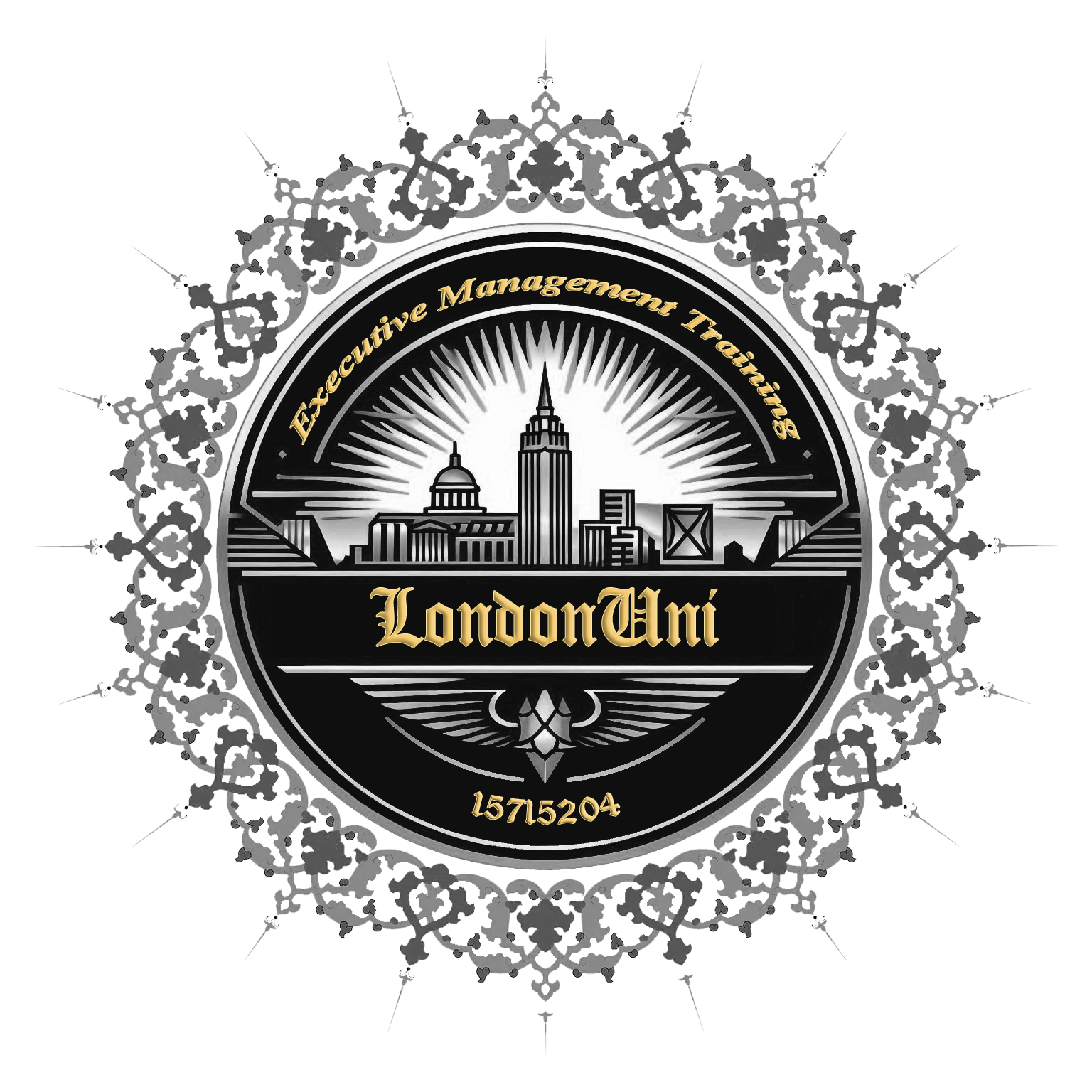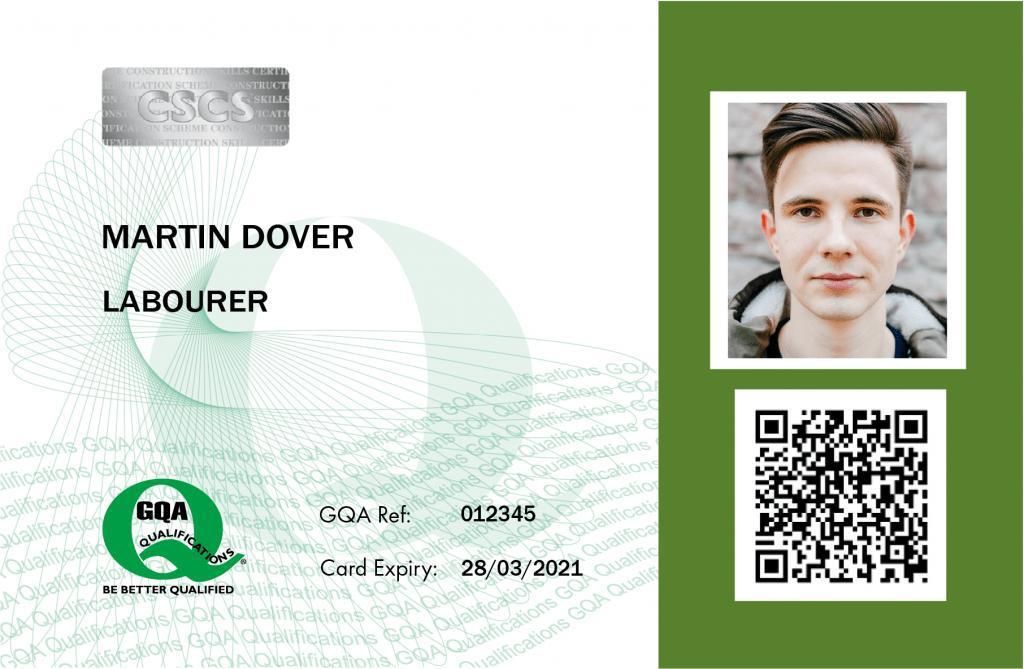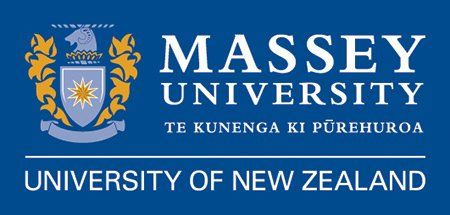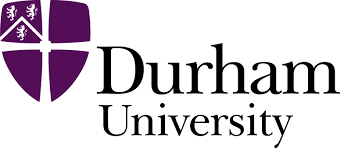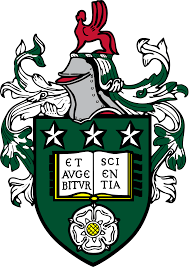The rapid transformation of the workplace has become an undeniable reality in the face of advancing technologies, shifting cultural dynamics, and global economic changes. As we look ahead, the landscape of work and organizational structures continues to evolve. The future of work presents both significant challenges and tremendous opportunities for organizations across the globe. These shifts demand that companies and their leadership teams reimagine traditional work models, embrace innovation, and adapt to an increasingly interconnected world.
At the core of this transformation is the rise of automation, artificial intelligence, and machine learning, which are redefining the skills required for success in the workplace. These technologies are not only changing how tasks are performed but are also reshaping the very essence of how businesses operate. While some jobs may become obsolete, new opportunities for growth and innovation will emerge, making it essential for leaders and professionals to understand the implications of these changes and how to navigate them.
The future of work also encompasses the evolution of organizational structures. Hierarchical models are being replaced by more flexible and decentralized approaches, enabling organizations to respond to changing market conditions more swiftly. The emphasis is now on collaboration, agility, and continuous learning. In parallel, the physical and virtual environments in which work takes place are becoming increasingly integrated, leading to hybrid and remote work models becoming the norm.
Another critical factor influencing the future of work is the changing nature of the workforce itself. As millennials and Generation Z take on more significant roles, the expectations for workplace culture and leadership evolve. These generations prioritize meaningful work, work-life balance, and opportunities for professional growth. Organizations must not only adapt to these changing preferences but also foster an environment that attracts and retains top talent in an increasingly competitive market.
The course will explore how organizations can leverage emerging trends and technologies while addressing challenges such as workforce engagement, leadership development, and change management. By understanding the broader trends shaping the future of work, organizations will be better positioned to thrive in a rapidly changing business environment. Participants will gain a comprehensive understanding of the key drivers of change and develop actionable strategies to prepare for the future.
This course aims to equip participants with the skills and knowledge necessary to lead organizations through the evolving dynamics of work. By combining theoretical insights with practical applications, the course provides a balanced approach to understanding the complex forces at play in the future of work.







